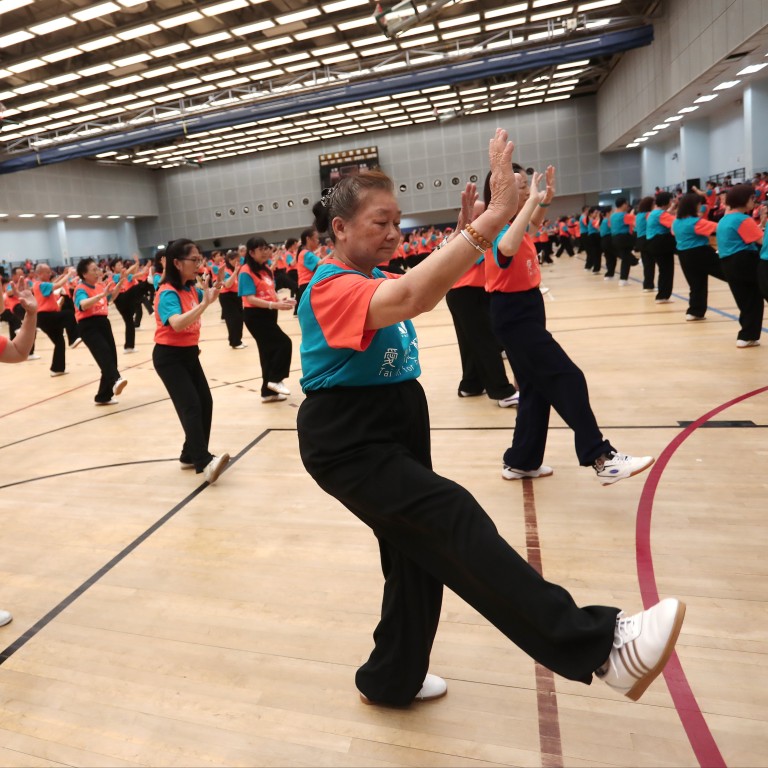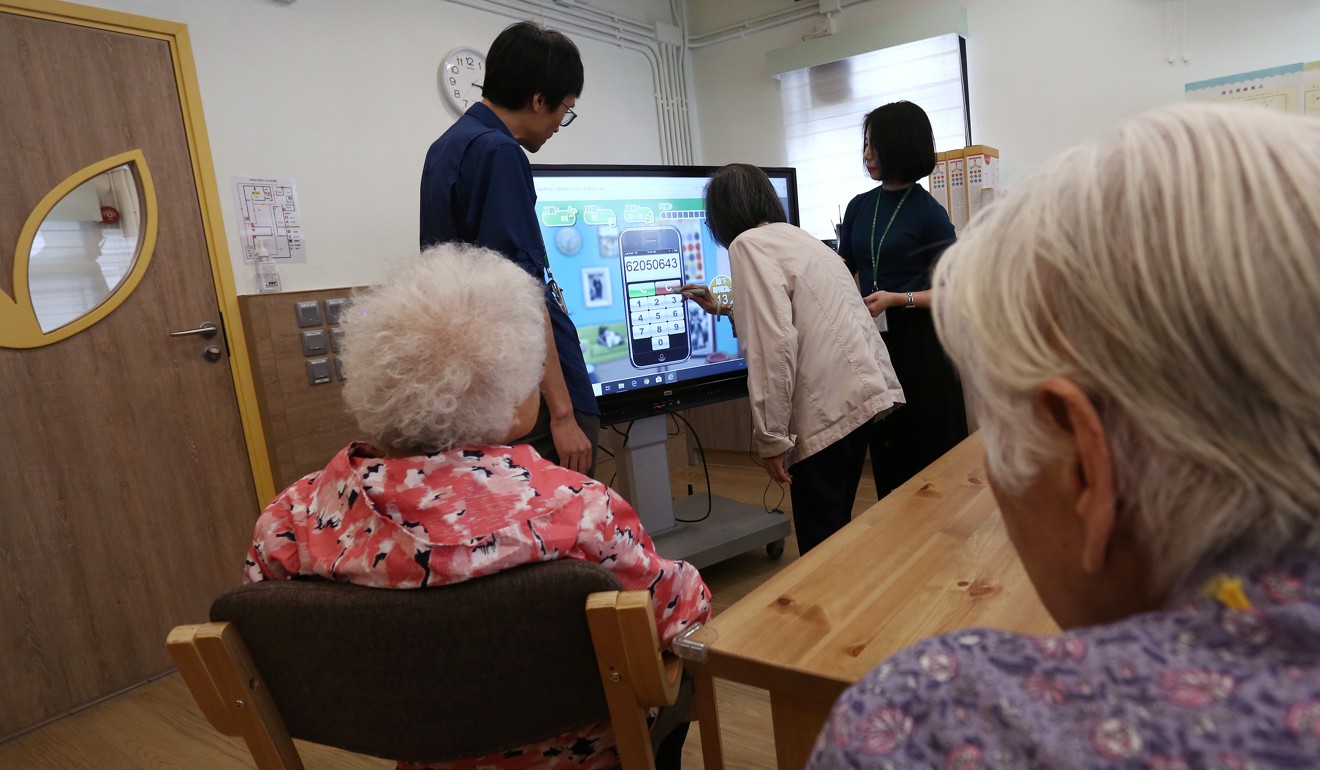
Could better urban planning solve the loneliness epidemic sweeping through Hong Kong’s elderly?
- Academics from Hong Kong, Taiwan and mainland China have been studying impact of isolation on city’s rapidly ageing population
- One of largest projects ever undertaken points to link between walkability and depression
Alice Kwok is used to being alone, and lonely.
But two years ago, when Jackson Kwok, her husband and partner of more than 50 years, died from lung cancer, the 83-year-old fell into a bout of depression.
“I was devastated and suddenly found myself all on my own in an empty room,” she said. “My daughter had moved out and had her own family to take care of. I could go for days without speaking to anybody.”
Then one day, she took a small step to the local community hall to join a dancing class, and made a big leap in her life.
“I count myself extremely lucky to have made a group of friends in the neighbourhood who picked me up, got me out of my house, and my life back on track,” Kwok said.

In Hong Kong’s rapidly ageing population, Kwok is one of many elderly that suffer from social isolation and loneliness. But a study published in October, and one with the largest sample size ever conducted in the city, suggests the cure might be in better urban planning.
Academics from Hong Kong, Taiwan and mainland China analysed data collected from 29,099 adults aged 65 years or above who had received health examinations at elderly health centres in the city between 2008 and 2011, and found easy access to community recreational services was linked to fewer depressive symptoms.
Of the 29,099 people surveyed, 91.4 per cent said they had undertaken physical activity and reported a lower mean of depressive symptoms of 1.8 out of 15, than the remaining 8.6 per cent, who had a higher mean at 2.4.
Depressive symptoms, such as anxiety, sadness and fatigue, gradually decreased from 1.9 to 1.6, as neighbourhood walkability increased across five groups of interviewees.
“Living in a non walking-friendly neighbourhood could lead to physical inactivity and social isolation, which in turn could result in poor mood,” said Professor Paul Yip Siu-fai, a director of the Centre for Suicide Research and Prevention at the University of Hong Kong, who was involved in the study.
We need to assess our priorities and give more living space and mental space to our elderly
“Recreational services could further be important with public space contributing to social equality where people from different social backgrounds can meet, communicate and enhance their connection.
“Finally, recreational services and walkable environments might be particularly beneficial to vulnerable groups such as the single elderly living alone, thus increasing their chances to meet others.”
Another finding of the survey is the negative association between elderly concentration in the neighbourhood and depressive symptoms, as the latter dropped from 1.9 to 1.7, across five groups of interviewees. Yip attributed that to more social interactions between the senior citizens in a more accessible, interconnected city.
Hong Kong faces challenge in how to manage its ageing population
But a government’s planning blueprint published last year for the next three decades projected a shortfall of 1,200 hectares of land – equivalent to 342 Taikoo Shing estates – 720 of which would come from government, institutional and community facilities and transport infrastructure.
The government’s task force on land supply said there was room for upwards adjustment of the figure as there will be greater demands for health care and elderly service facilities as the current population aged.
“Simply put, we need to assess our priorities and give more living space and mental space to our elderly, because this study shows that external environment is conducive to the forging of social ties and happiness,” Yip said.
“The prevailing government policies on the elderly put too much emphasis on clinical services, and not enough on community-based support. We need to move away from a medical model to a psycho-socio one for mental health enhancement in the long term.”
